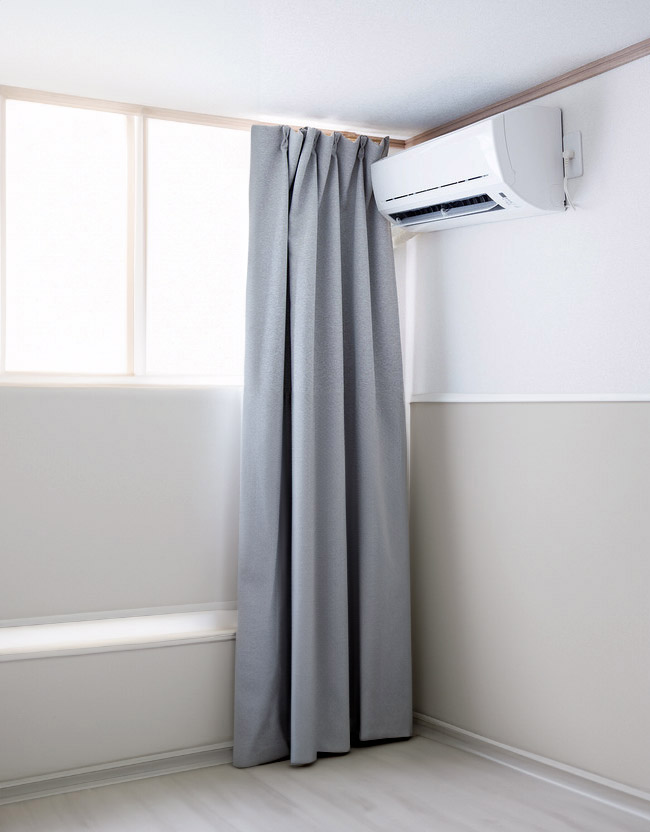NICK COWDY / Residential Sales Consultant, Principal Agent
A heat pump air conditioner is a fantastic energy-efficient solution for both heating and cooling your home, but like any other system, it requires regular care to maintain peak performance. Without proper maintenance, your heat pump’s efficiency and lifespan can be significantly reduced, leading to higher energy consumption, unexpected breakdowns, and costly repairs.
The Importance of Regular Cleaning
A heat pump works best when its filters and components are clean. Dust, pollen, and debris can build up over time, clogging the air filters and reducing airflow. This not only forces the system to work harder, increasing energy consumption, but it also lowers the overall air quality in your home. Regular cleaning of the filters helps your heat pump run efficiently while preventing allergens, mould, and dampness from circulating in your indoor environment.
Key Benefits of Regular Cleaning:
- Efficiency: Keeping your heat pump clean ensures it operates at peak performance, using less energy and saving you money on power bills.
- Improved Air Quality: A clean heat pump filters out dust, pollen, and other allergens more effectively, creating a healthier living environment.
- Extended Lifespan: By preventing dirt and debris from building up, you reduce wear and tear on the system, extending the life of your investment.
As a general rule, you should clean your heat pump’s filters every season, or every 3 to 4 months. This simple routine can make a big difference in the longevity and efficiency of your system.
Signs Your Heat Pump Needs Cleaning
It’s easy to overlook regular cleaning, but there are some clear indicators that your heat pump may need attention:
- Reduced Airflow: If your heat pump isn’t blowing as much air as usual, it could be due to clogged filters or dust buildup.
- Slower Heating or Cooling: When your system takes longer than usual to heat or cool your space, it’s often a sign of reduced efficiency.
- Unpleasant Odours: A musty smell or any unusual odour coming from the vents could indicate the presence of mould or dirt in the system.
If you notice any of these signs, it’s time to give your heat pump some attention.
Easy Steps to Clean Your Heat Pump
Luckily, cleaning your heat pump is a straightforward process, and it’s (almost) free! All you need is a small brush, a vacuum cleaner with a brush attachment, and a soft cloth. Here’s a quick step-by-step guide to keeping your system in top shape:
Step 1: Clean the Filters
- Turn off the heat pump.
- Remove the front panel and take out the air filter.
- Use a small brush or vacuum to clean the filter. You can also rinse it with lukewarm water and let it air dry.
- Reinsert the filter and replace the panel.
Step 2: Clean the Indoor Unit Grilles
- Gently vacuum or wipe the indoor grilles to remove dust and dirt that may have accumulated.
Step 3: Clean the Outdoor Unit
- Clear the area around the outdoor unit of leaves, weeds, and debris.
- Isolate the unit from the electrical supply and wash it down with low-pressure water from a garden hose.
Professional Servicing
While regular cleaning helps maintain efficiency, it’s not a replacement for professional servicing. Just like servicing a car, a professional heat pump service ensures your system runs smoothly and lasts for many years. A professional HVAC technician will thoroughly check your system, clean internal components, and address any issues before they become major problems.
Regular cleaning and servicing of your heat pump are essential to keep it running efficiently and extend its life. By following these simple cleaning steps and scheduling an annual professional service, you can enjoy consistent heating and cooling while keeping your energy bills in check. Don’t wait for issues to arise—stay ahead of the game and maintain your heat pump with care.




